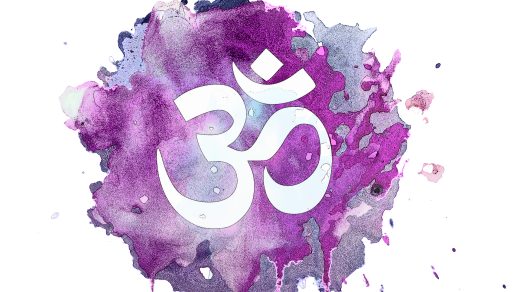The Bhagavad Gita: A Father’s Guidance to a Son in Crisis
The Bhagavad Gita, a timeless philosophical masterpiece, offers profound insights into life’s challenges, purpose, and inner strength. At its core, the dialogue between Arjuna and Krishna can be seen as a father guiding his son through a moment of deep crisis, offering wisdom, clarity, and encouragement.
The Crisis: Arjuna’s Doubt and Fear
Imagine a young man, standing at the threshold of a major life decision, paralyzed by doubt and fear. This is Arjuna on the battlefield of Kurukshetra. He is overwhelmed by the thought of facing his family and loved ones in battle, torn between his duty as a warrior and his compassion for those on the opposing side. His mind races with questions: Is this the right thing to do? What if I fail? How can I fight against my own family?
In real life, many of us face similar moments of confusion. Whether it’s about career choices, personal relationships, or moral dilemmas, these moments can feel like insurmountable battles. In this scenario, Krishna, Arjuna’s charioteer, steps in—not just as a divine guide, but as a fatherly figure—ready to console and inspire.
Krishna: The Father Figure Offering Guidance
- Empathy and Understanding
A good father first listens. Krishna doesn’t immediately push Arjuna to fight; instead, he allows Arjuna to voice his fears and frustrations. This empathy establishes a strong foundation for guidance, showing that acknowledging emotions is the first step to overcoming them. - Clarifying Purpose (Dharma)
Like a father reminding his son of his responsibilities, Krishna explains the concept of Dharma—one’s duty in life. He tells Arjuna that as a warrior, it is his duty to protect righteousness, even when the path is difficult. Similarly, a father might remind his son of his commitments and the values that shape his character, encouraging him to stay true to his purpose even when the journey gets tough. - Inspiring Courage and Confidence
Krishna then shifts from empathy to empowerment. He reminds Arjuna of his strengths and past victories, urging him to believe in himself. Just as a father motivates his son by saying, “I believe in you. You’ve faced challenges before, and you can overcome this one too,” Krishna uplifts Arjuna, helping him regain his confidence. - Detachment from Outcomes
One of the most profound lessons Krishna offers is the concept of detachment: Do your duty without attachment to the results. A father guiding his son might say, “Focus on your efforts, not just the outcome. Success and failure are part of life, but your character is built through perseverance.” Krishna reassures Arjuna that by focusing on his actions and not being consumed by the fear of success or failure, he will find peace and fulfilment.
The Transformation: From Despair to Determination
As Krishna’s words sink in, Arjuna undergoes a powerful transformation. His despair is replaced by clarity, his fear by resolve. He stands ready to face his challenges, understanding that his duty goes beyond personal loss and gain—it is about upholding righteousness and integrity.
A Modern Takeaway
The Bhagavad Gita teaches us that life’s greatest battles often happen within our own minds. Through the father-son dynamic of Krishna and Arjuna, we learn the importance of empathy, clarity, courage, and detachment in navigating these struggles. Whether you’re facing a personal or professional challenge, the guidance found in the Gita reminds us that with the right mindset and support, we can overcome any obstacle and stay true to our purpose.
This father-son analogy makes the Bhagavad Gita not just a spiritual text but a relatable guide for anyone seeking motivation and clarity in difficult times.
















